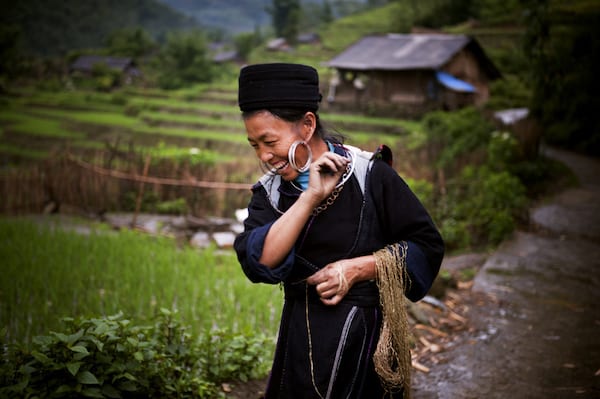As Executive Director, Janelle Weissman writes, when women are central to planning, response and recovery efforts, everyone benefits.
As Australians, we hear about natural disasters almost daily. They come and they go. In our part of the world, we are no stranger to them: bushfires, flood, drought, cyclones. We cope. We rebuild. We look after one another, which is exactly as it should be.
In the Asia-Pacific region, we are disproportionately impacted by climate-related disasters, killing more than 70,000 people and affecting more than 200 million people per year during the last decade. These figures are startling.
What is even more striking, is the way disasters discriminate. Disasters kill more women than men, hit women’s livelihoods hardest, and lead to staggering rates of violence against women, from trafficking to child marriage, rape to physical abuse. Gender inequality is amplified in times of crisis.
Let me explain: Tsunami strikes. Women desperately try to get the elderly and small children to safety. Women forego food and water to look after others. Their often home-based or agriculture-dependent livelihoods disintegrate – along with their homes, and their crops. Many of them perish because they themselves couldn’t climb trees or swim to safety.
Those that survive, relocate to temporary shelters (if they can find a space), in packed settlements. In the cover of darkness, women and girls are disproportionately vulnerable to violence of all kinds.
And this is true in settings of displacement too.
Today, Cox’s Bazar is home to hundreds of thousands of Rohingya refugees, who’ve fled terror and persecution in Myanmar. In several camps within Cox’s Bazar they lack sufficient latrines, water points and bathing facilities. Most women and girls dare not leave their tents to go the toilet or bathe because facilities aren’t separate for men and for women. Particularly after dark, the latrines are some of the very few places that are lit, and on a journey to or fro, women and girls are vulnerable to sexual violence.
Where facilities are located, how and when emergency supplies are distributed, what’s included in these aid kits – these are simple but vital details that require women’s input.
In the wake of the April 2015 earthquakes in Nepal, UN Women convened grassroots groups of women to assemble and distribute emergency supply kits – dignity kits – to cover basics that were sometimes forgotten in standard-issue aid packs. Sanitary pads. A change of underwear. Radios to stay connected. And solar lanterns, to keep safe.
In the wake of natural disaster, power outages are numerous and long-lasting. Just think of the stories of Puerto Ricans left in the dark for months, in 2017.
Simple solutions don’t cost much. Just $5 can bring a solar lantern to a woman in crisis. This International Women’s Day, we’re asking Australians to give light, by texting the word SAFE to 0497 222 444. Your little gift can make a big difference.
In Australia, we know what it’s like to do it tough, when the floods or fires come.
Can you spare $5 to bring safety by giving her a light?


